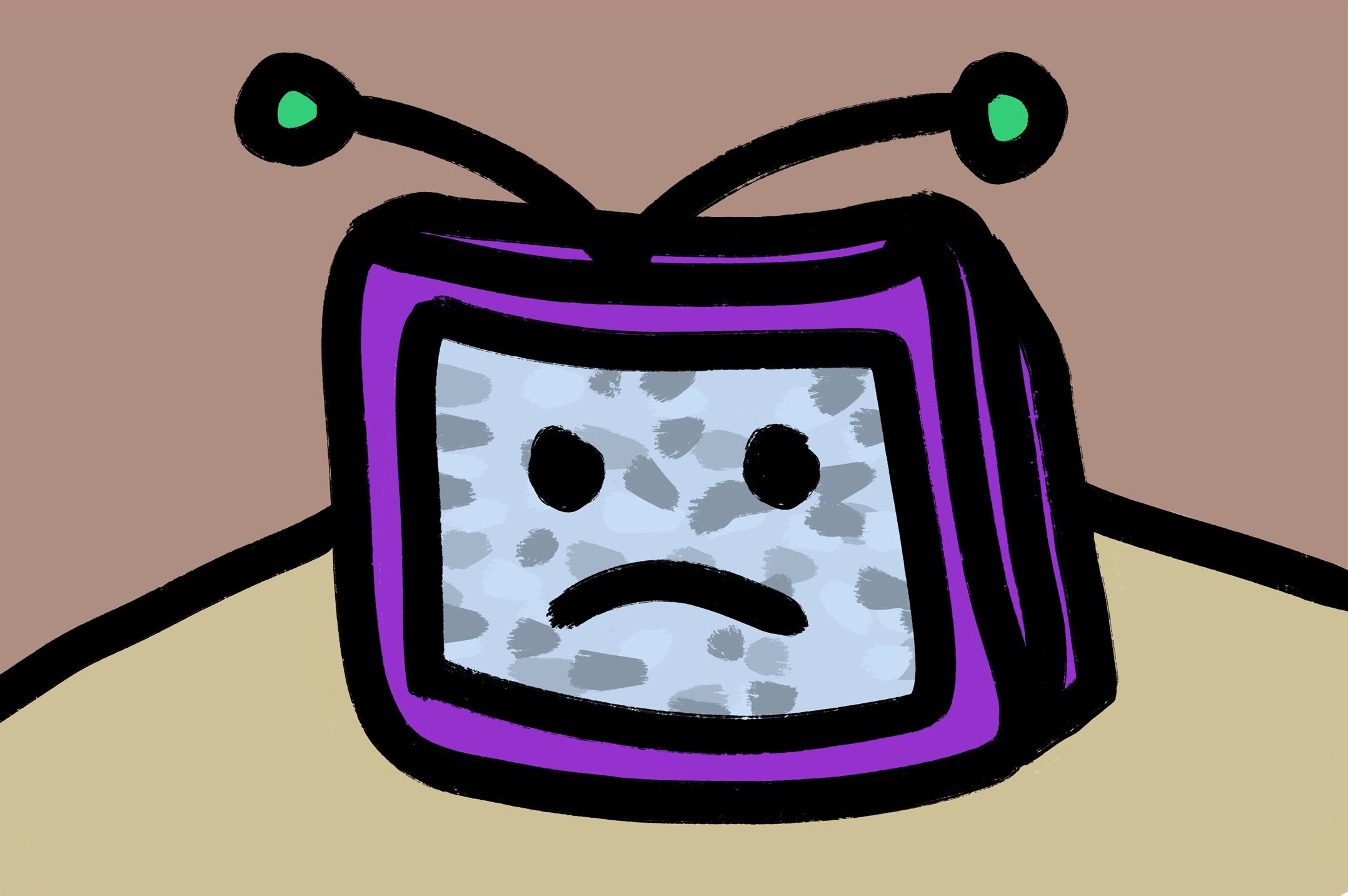Who doesn’t love sitcoms? Maybe a person who still loves Woody Allen movies and thinks “Citizen Kane” is peak cinema. But other than that, the majority of people have a favorite sitcom.
Before anyone calls me a hypocrite, know that I’m aware I am one, just not about this situation.
I said we were done with movie opinion articles. No one ever said television was off the table.
Because I am a pretentious film and television major, I believe I have cracked the code for successful and long-lasting sitcoms.
Network executives, take notes. Also, hire me if you have any openings.
Some of my favorite TV shows are “It’s Always Sunny in Philadelphia,” “Curb Your Enthusiasm” and “Seinfeld.”
All three of these have lasted for nine or more seasons which is an incredible feat for any TV show of any kind. “It’s Always Sunny in Philadelphia” has been renewed for 17 seasons and “Curb Your Enthusiasm” has lasted 12 seasons over 23 years.
Other critically acclaimed sitcoms like “The Office” also lasted nine seasons, but let’s not pretend like anyone goes back and rewatches episodes past Michael Scott leaving in season seven.
Regardless, sitcoms like “The Office,” “Parks and Recreation,” “Community” and “Schitt’s Creek” all lost their humorous charm toward the end of their runs.
Now, people may argue that character development is good and that sentimental endings that take half of the finale season are a great way to wrap up a story. But let me ask those people, how often do you rewatch those? If you don’t rewatch them, why? It’s probably because they’re not funny, the characters have strayed too far from who they used to be and everything has changed drastically since the beginning seasons.
This is my opinion, just like how you are entitled to yours. If you watch the last season of “Parks and Recreation” to kick back, relax and laugh to unwind from a hard day’s work, that’s your business. I think it’s weird, but it’s your business.
So, why do these sitcoms fail to be as good as their earlier seasons toward the end? It’s because they stop focusing on the comedy aspect and turn to character progression and complex storylines.
I watched “The Office” to see Jim Halpert pull fun pranks on Dwight Schrute and Michael Scott being the worst boss ever. I didn’t watch it to see Jim and Darryl Philbin leave to go work in Philadelphia and Jim be on the brink of divorce with his wife Pam Beesly.
In “Parks and Recreation,” by the last season, barely anyone even works at the Pawnee Parks department anymore.
However in “Seinfeld,” the characters pretty much have the same lives and the same personalities as they did in season one and they wrapped it up in season nine being the number one show on television.
People always prefer the earlier seasons of sitcoms for a reason. When sitcoms focus too much on character progression and plot, they lose the desirability to watch it over and over again.
When you stray too far from the comedy and start to write for the plot and allow for bad dramatic plotlines, new annoying characters and the loss of comfort in the show, people are going to stop watching around season five.
However, “It’s Always Sunny in Philadelphia” shines during its middle to later seasons. Some of my favorites are in season eight which include “Reynolds vs. Reynolds: The Cereal Defense,” “The Gang Dines Out” and “The Gang Gets Analyzed.” Even season twelve has some classics like “Making Dennis Reynolds a Murderer.” Not many other people can say the same for their favorite sitcom.
Why do shows like “It’s Always Sunny in Philadelphia” have longevity but other sitcoms don’t? It is simply because sitcoms like that, “Curb Your Enthusiasm” and “Seinfeld” don’t focus on character progression and plots, they just focus on making you laugh.
“Seinfeld,” “Curb Your Enthusiasm” and “It’s Always Sunny in Philadelphia” are all shows about terrible people who do terrible things and they never grow as people. While there may be plots that span over a couple of episodes or small development in the characters’ lives, they pretty much stay the same people we loved from the beginning.
While Mac McDonald in “It’s Always Sunny in Philadelphia” has his eye-watering dance performance when he comes out to his dad as gay, that’s pretty much the only emotional scene in all fifteen seasons.
How else do we know this formula works and how story progression and character development don’t? Take a look at adult animation that practically does the same thing.
“South Park” is at 26 seasons, “Family Guy” is at 21 seasons and “The Simpsons” is at a whopping 34 seasons. Other adult animation shows like “Big Mouth” will never reach that point because the characters are constantly aging, growing and going through more complex stories over the span of a couple of episodes rather than just one.
I haven’t seen a good sitcom created in a while because the genre seemed to die down for a bit. However, Quinta Brunson’s “Abbott Elementary” shows great promise and is on par with workplace mockumentaries like “The Office.”
I hope for the best for that show and I hope one day we can return to the era of good sitcoms on television and not teenage torture porn like Sam Levinson’s “Euphoria.”



